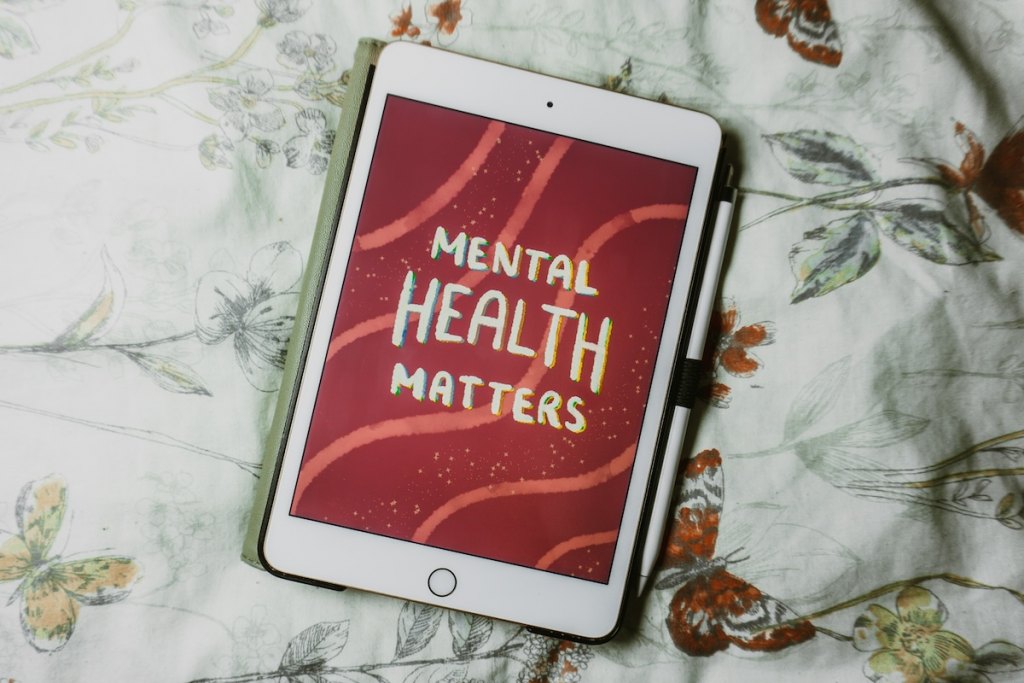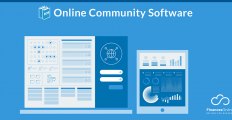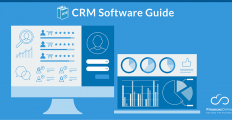The burgeoning domain of micro-SaaS (Software as a Service) presents us with a fertile ground for innovation, including in the field of mental health; these small, focused applications address specific needs – often for niche markets – providing tailored solutions that larger platforms might overlook.
Recent research has significantly highlighted the effectiveness and growing adoption of digital mental health interventions across various populations, including in low- and middle-income countries (LMICs), as well as notable trends among college students.
A systematic review and meta-analysis published in JMIR Mental Health analyzed the impact of digital mental health tools in reducing depression and anxiety in LMICs. The study – encompassing 80 studies with over 12,000 participants – found digital health interventions to demonstrate moderate-to-high effectiveness in alleviating depression and anxiety symptoms. The pooled effect sizes were also notably significant, indicating a lower level of post-intervention depression and anxiety symptoms among those who received digital interventions compared to controls.

As explored by the The National Institute of Mental Health (NIMH), some of the key pros and cons of mental health apps are as follows:
Pros of Mental Health Apps
- Convenient and accessible
- Offer anonymity
- Lower cost than traditional care
- Reach people in remote areas or those hesitant about traditional care
Cons of Mental Health Apps
- Effectiveness often unproven
- User privacy concerns
- Overselling of capabilities
Apps vary widely, from self-management and symptom tracking to cognitive skill training and supported care, indicating a diverse application range and potential to meet various mental health needs.
Moreover, digital interventions have been particularly emphasized of late for their benefits among college students, a group that presents with a notable increase in the reporting of mental health challenges. The convenience and anonymity of these tools – coupled with their ability to provide 24-hour service and support – make them an appealing option for young adults in educational settings, helping to enhance their psychological well-being and manage symptoms of depression and anxiety.
These findings and developments highlight the critical role of digital mental health interventions in the current and future landscape of mental health care; by offering accessible, cost-effective, and personalized care options, these tools represent a significant stride toward addressing the global mental health crisis, demonstrating the power of technology to transform therapeutic practices and outreach.
Here are ten micro-SaaS ideas that could significantly impact mental health care, offering up new avenues for support, management, and therapy.
1. Mindful Break Reminder App
A simple yet effective tool, this app would encourage users to take regular breaks for mindfulness exercises during their workday; it could suggest short, guided meditations, deep breathing exercises, or gentle stretches, all aimed at reducing stress and boosting mental wellness. The app could also learn from user preferences, and suggest activities that match their current mood or stress level.
“The integration of mindful breaks throughout the day isn’t just beneficial; it’s essential for our mental health,” notes Gary Tucker, Chief Clinical Officer at D’Amore Mental Health; tools that remind and guide us to pause and reconnect with the present moment can transform our daily stress landscape.”
2. Mood Tracker with AI Insights

The integration of AI offers up a deeper, data-driven approach to mental health management; according to information published by Harvard, mood-tracking apps have the potential to increase awareness of one’s mental health, and can be particularly useful for mild to moderate mental health issues. By leveraging this superpower of modern technology, a mood tracker could analyze user inputs to identify patterns and triggers in their emotional well-being; it could even provide personalized insights and actionable advice, helping users to understand their unique mental health needs and challenges far better, allowing them to make informed decisions about managing their emotions.
3. Virtual Reality Exposure Therapy (VRET)
VRET platforms can offer a safe environment for individuals to confront and work through their fears or PTSD symptoms under the guidance of a therapist. By creating customizable scenarios, users can gradually face their fears in a controlled, therapeutic setting, potentially transforming therapy into a more accessible, less daunting option for those with severe anxieties or phobias.
4. Peer Support Network Platform
This platform would connect individuals experiencing similar mental health challenges, facilitating peer support groups, one-on-one chats, and community forums, offering up a moderated, safe space for sharing experiences, advice, and support, reducing feelings of isolation and fostering a sense of community among its users.
“Building a supportive community is a cornerstone of recovery and managing mental health,” states Michelle English, a Licensed Clinical Social Worker at Healthy Life Recovery.
5. Cognitive Behavioral Therapy (CBT) Toolkits
A micro-SaaS offering CBT toolkits could provide users with self-guided resources to work through cognitive distortions and build healthier thinking patterns; these digital toolkits might include interactive exercises, educational content, and progress tracking to support individuals in their journey toward better mental health.
6. Sleep Improvement App
Poor sleep significantly impacts mental health. This app could make a real difference, offering up personalized recommendations to improve sleep quality based on user inputs and sleep tracking data; features might include guided sleep meditations, bedtime reminders, and insights into sleep patterns, all aimed at enhancing the user’s mental well-being through better sleep.
7. Stress Management Game
For some, gamification of stress management can make the process more engaging and less intimidating. This micro-SaaS idea involves a game that teaches stress reduction techniques through playful, interactive challenges; users can learn and practice skills such as deep breathing, visualization, or positive thinking in a fun, low-pressure environment.
8. Digital Detox Assistant
In an era of constant connectivity, a digital detox assistant could help users manage their screen time and reduce digital overload; by setting goals, tracking usage, and providing tips for offline activities, this app would support individuals looking to balance their online and offline lives, thus contributing to better mental health.
9. Gratitude Journaling App
Focusing on the positive aspects of one’s life can significantly boost mental health. This micro-SaaS idea revolves around a digital gratitude journal, offering prompts and reminders to reflect on daily blessings; it could also incorporate social features, allowing users to share and celebrate moments of gratitude with others.
10. Art Therapy Platform
Art therapy has been shown to reduce stress, improve mood, and offer a non-verbal outlet for emotions, with one particular study by Drexel University discovering that engaging in art activities can significantly lower stress hormones – regardless of one’s skill level or previous experience with art. This research found that staggering 75% of participants experienced a reduction in cortisol levels after just 45 minutes of art-making; even more interestingly, the reduction in stress was consistent across individuals, irrespective of their past art experience. These findings suggest that anyone can benefit from art-making as a stress relief tool, no matter their crafty skills – or lack thereof. An art therapy platform could provide a digital space for self-expression through art, offering tools for drawing, painting, or collage making (regardless of an individual’s skill set); it platform could also host community galleries, in which users can share their creations and find inspiration in the work of others.
Carolina Estevez, a Licensed Psychologist at Recovery Unplugged, observes, “Music and art offer unique pathways to healing, allowing individuals to express themselves and process emotions in ways words cannot.”
How can micro-SaaS solutions support mental health professionals?
While most micro-SaaS ideas for mental health focus on end-users, there is significant potential for applications that assist mental health professionals in delivering care more effectively. Here are some ideas for tools that can streamline processes, enhance communication, and improve the quality of mental health care:
- Client Progress Tracking and Analysis: A tool that allows therapists to track client progress over time by collecting data from self-report surveys, session notes, and mood-tracking inputs. This software could provide insights into trends, helping professionals to better understand treatment efficacy and adjust therapeutic approaches as needed.
- Secure Communication Platform for Therapists: Many mental health professionals conduct telehealth sessions, but not all platforms provide features specifically designed for therapy. A micro-SaaS platform could offer secure video calls, chat functionality, and document sharing with HIPAA compliance, making it ideal for therapy sessions and remote consultations.
- Automated Administrative Support: Mental health practitioners often manage a variety of administrative tasks. A scheduling and billing tool tailored to their needs could help reduce administrative burdens by automating appointment reminders, generating invoices, and tracking insurance claims, freeing up more time for client care.
- Therapeutic Resources Library: A SaaS library for licensed therapists could include customizable cognitive behavioral therapy (CBT) worksheets, psychoeducational materials, and exercises that professionals can share directly with clients. These resources would be designed to align with the therapist’s goals, enabling tailored treatment support.
- Data-Driven Treatment Insights: An AI-powered tool could analyze aggregated, anonymized client data to identify patterns, such as which therapeutic approaches yield the best outcomes for certain issues. This tool could provide practitioners with evidence-based insights, helping to refine treatment plans.
Watch This Space
These micro-SaaS ideas around mental health represent just the tip of the iceberg in terms of the potential for digital tools to support and enhance mental well-being. As technology continues to evolve, so too will the opportunities to provide innovative, accessible, and personalized mental health care solutions.























Leave a comment!